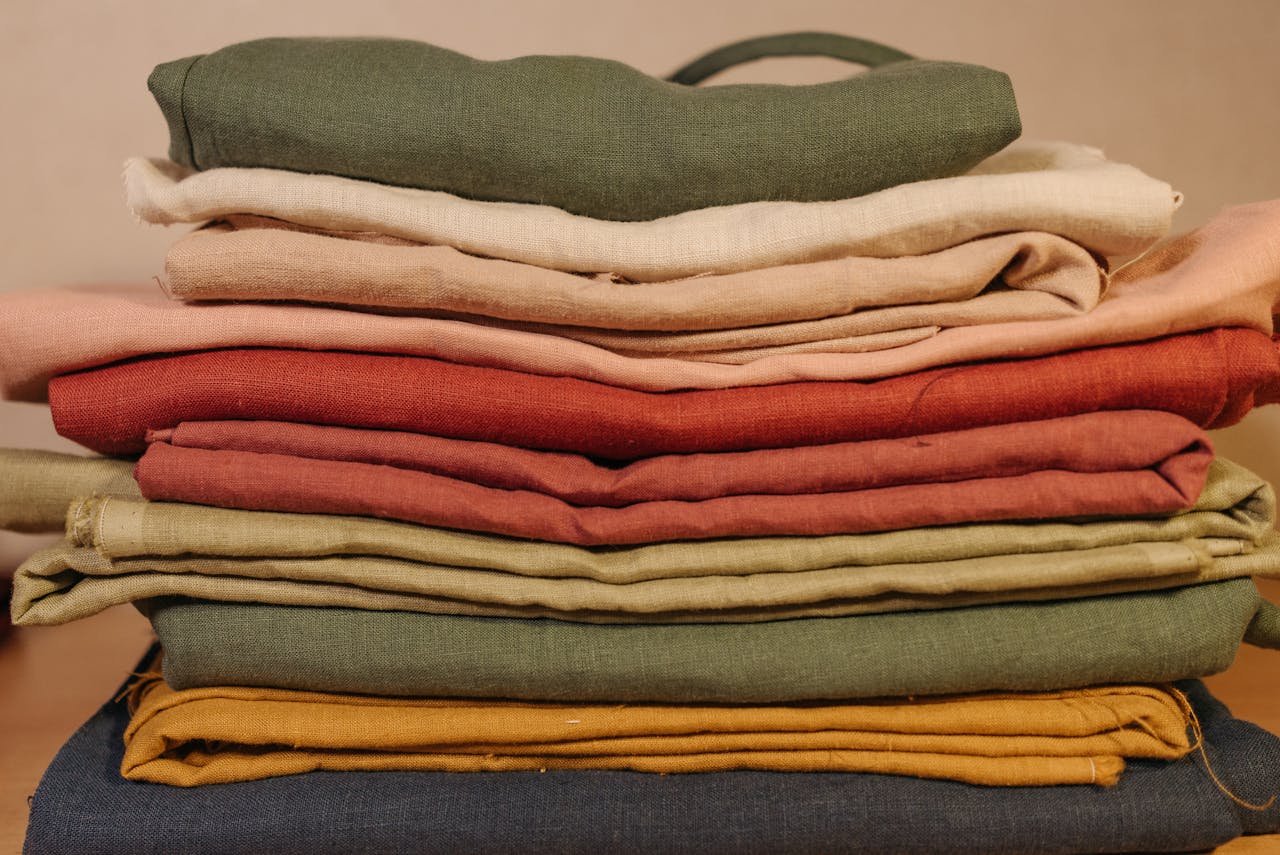by Dr Komathi Wasudawan, Kevin Tan Tee Liang and and Dr Agnes Lim Siang Siew
The use of hemp is one way of tackling issues of plastic use and for the promotion of sustainable consumption and production as outline by the UN’s SDG 12: Responsible Consumption and Production.

The United Nation’s (UN) Sustainable Development Goal (SDG) 12: Responsible Consumption and Production, highlights the importance in fostering a universal understanding of sustainable lifestyles. However, achieving this goal is undoubtedly challenging not least due to the global consumption of plastic and the fast fashion industry.
A Crisis in Production
Plastic consumption and production have escalated into a severe environmental issue over the past few decades. The accumulation of plastic products and waste in the environment that has led to widespread plastic pollution, eventually harming wildlife, ecosystems, and human populations.
This has been largely propagated through single-use plastics, improper waste disposal to ocean dumping, and abandoned fishing gear, leading to dire consequences. Wildlife as a result suffer from entanglement and ingestion of plastic debris, microplastic contamination and habitat destruction, introducing harmful chemicals and contamination into our food chain.
An Unsustainable Fashion
Fast fashion has revolutionized consumer behaviour, with people buying more clothing at an unprecedented rate. This consumption surge has let to massive textile waste, as clothing that fall out of style or deteriorate quickly get discarded irresponsibly. Consumers are not able to access the latest trends almost immediately and inexpensively, though conversely, at a steep cost to the environment.
As a resource-intensive industry, fast fashion generates significant waste through its consumption of harmful dyes and chemicals compounded by the extensive disposal of unsold clothing.
Further to that, textile production consumes vast amounts of water and energy, an environmental impact that represents the tragedy of the commons.
Planting a Solution for Plastic
Addressing such complex issues requires a multi-faceted approach involving governments, industries, non-governmental organisations (NGOs), communities and individuals. By 2030, the United Nations aims to ensure global awareness for sustainable development and lifestyles in harmony with nature. One promising solution for production, lies in hemp.
Hemp, or industrial hem (cannabis sativa), is a versatile plant that has the immense potential as a sustainable alternative in the plastic consumption and fast fashion crises. Naturally pest-resistant and naturally renewable, hemp requires no pesticides or herbicides nor any genetic modification, and has deep roots that help preserve topsoil and prevent soil erosion.
Grown globally within three to four months, hemp can produce over 50,000 commercial products including bioplastics that are more environmentally friendly than traditional plastics. Derived from the plants’ cellulose, these bioplastics can break down more readily in the environment, reducing long-lasting plastic waste.
Fashion Change
The fashion industry can also benefit from adopting hemp. In comparison with cotton, hemp consumes significantly less water and does not deplete soil. It produces up to three times more fibre which are stronger by tenfold.
Unlike cotton, which accounts for a quarter of global pesticide consumption, hemp contains natural defenses against pests and weeds making chemical interventions that are environmentally and financially costly, no longer necessary. The incorporation of hemp by fashion brands is crucial in building both a sustainable industry and lifestyle.
The Challenge of Change
Despite the clear benefits, transitioning to more sustainable practices like using hemp can be challenging for businesses. The fast fashion and plastic industries are deeply entrenched, with long-established supply chains, significant investments, and consumers that favour the status quo. Shifting to sustainable materials (like hemp) requires significant investment, research and development, and a willingness to disrupt existing business models.
For a Sustainable Future
Tackling the issues entangled with plastic use and fast fashion are critical for promoting sustainable consumption and production outlined by SDG 12. Transitioning to a circular economy, which emphasizes on waster reduction through product redesign, is essential for minimizing environmental impact.
Concurrently, promoting thoughtful consumption through education, awareness and ecological activities requires collaboration between governments, companies, NGOs, communities, and individuals.
Businesses that are bold and innovative are essential to set the pace for this change to take place amidst our current production and consumption habits. Adopting hemp will reduce plastic waste and the environmental impact of fast fashion, supporting a more sustainable and resilient global economy.
The opinions expressed in this article are the author’s own and do not reflect the view of Swinburne University of Technology Sarawak Campus.
The authors are from the Faculty of Business, Design and Arts and can be contacted by email at kwasudawan@swinburne.edu.my (Dr Komathi Wasudawan), ktan@swinburne.edu.my Kevin Tan Tee Liang) and aslim@swinburne.edu.my (Dr Agnes Lim Siang Siew)

